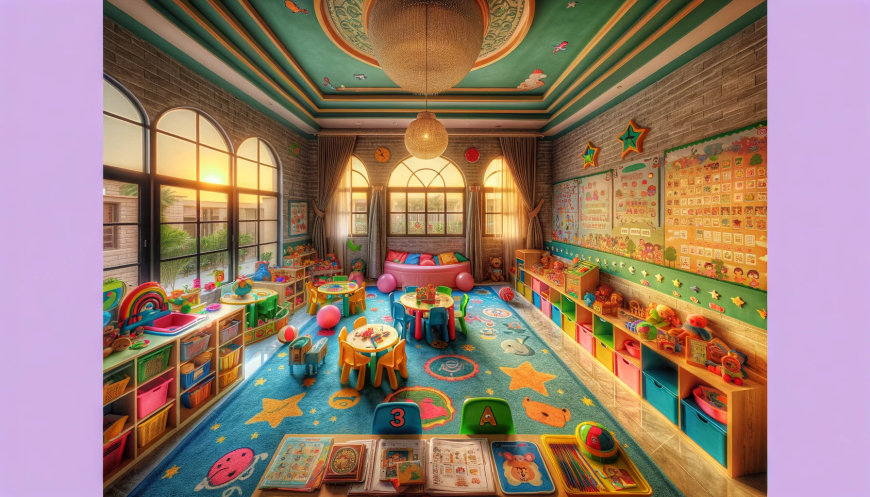Choosing the Right Pre-Primary School in DHA: A Comprehensive Guide

Deciding on the right pre-primary school for your child is a significant step in laying the foundation for their educational journey. In Defence Housing Authority (DHA) areas, parents are fortunate to have numerous reputable options. However, this abundance of choice can also make the decision more complex. This blog aims to provide you with a structured approach to selecting the best pre primary school in DHA, focusing on six key aspects that you should consider.
1. Understanding the Importance of Pre-Primary Education
Pre-primary education serves as the first step in your child’s academic path. It’s not just about learning alphabets and numbers; it’s about developing critical social, emotional, and cognitive skills. At this stage, children learn how to interact with others, manage their emotions, and begin to develop problem-solving skills. The right school environment nurtures these skills through a balanced approach to learning, which can significantly influence a child's future educational achievements.
2. Curriculum and Educational Philosophy
When exploring options, it’s vital to understand the educational philosophy and curriculum followed by each school. Whether it's Montessori, Reggio Emilia, Waldorf, or a traditional preschool curriculum, each philosophy has its own merits and focuses on different areas of development. Parents should choose a school whose educational values align with their own. For instance, Montessori schools promote self-directed activity and hands-on learning, while Reggio Emilia emphasizes project-based learning and community involvement.
3. School Facilities and Environment
The physical environment of a school plays a crucial role in your child's early education. A well-equipped school with a variety of learning materials, safe play areas, and a clean and healthy environment promotes a better learning experience. During your school visits, observe if the facilities support different types of learning activities — from quiet reading corners to active play areas and creatively stimulating classrooms. This variety is essential for fostering a well-rounded development in young children.
4. Teacher Qualifications and Student-Teacher Ratio
The quality of teachers is perhaps the most critical factor. Qualified and experienced teachers understand the developmental needs of young children and can tailor their approach accordingly. Additionally, a lower student-teacher ratio ensures more personalized attention, which is beneficial at the pre-primary level. This allows teachers to engage more deeply with each child and cater to their individual learning needs and emotional well-being.
5. Parental Involvement and School Community
A school that encourages parental involvement can enhance the learning process by creating a supportive bridge between home and school. Look for schools that welcome parent interactions and offer regular updates on child development. Schools that foster a strong sense of community through events and activities can also provide a more enriching environment for children, making them feel secure and valued.
6. Feedback from Other Parents and Reputation
Lastly, one of the best ways to gauge the suitability of a pre-primary school is by talking to other parents. Feedback concerning teachers, the learning environment, and how the school addresses issues can provide you with insights that are not visible during a school tour. Moreover, the reputation of a school in the community can serve as a significant indicator of its reliability and quality.
Conclusion
Choosing the right pre-primary school in DHA requires careful consideration of various factors. By focusing on the educational philosophy, school facilities, teacher quality, community involvement, and parental feedback, parents can make a well-informed decision that aligns with their aspirations for their child's educational journey. Remember, the goal is to find a nurturing, stimulating, and supportive environment where your child can thrive both academically and personally.

 henrycavill
henrycavill 





